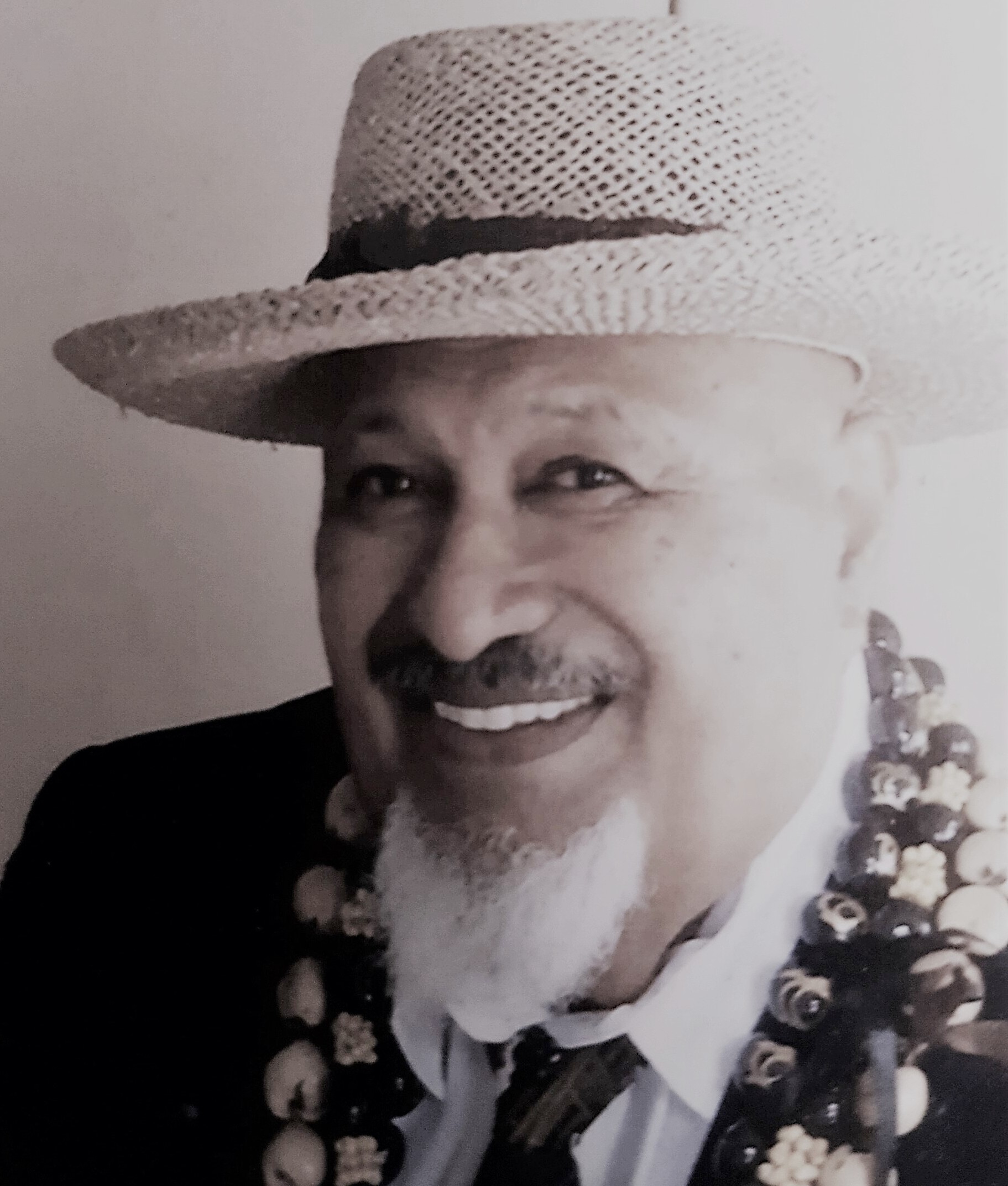The Legitimate Government in Hawaii Series: Kaoleioku's Descendants & Konohiki (dec.) - the Kamaka's
Reviewed by Amelia Gora (2024)
Hawaiian Genealogical Society Researcher
The following Konohiki named Raymond and Stanley Kamaka were part of the Royal Family in Hawaii because they were the heirs of the body of Kamehameha through his son Kaoleioku.
Kamehameha Oldest Son's Family
Kamehameha
/
Kaoleioku had four (4) children:
/
Hanuna - Keola - Pauahi (w) - Konia
/ / / /
Kapule u.i. Ruth Keelikolani Bernice Pauahi Bishop
/ sibs: Kini (w); Hookahe(w); Poohina(w) stepsibling: Kalola (w)
Kaakau (w)
/ siblings: Kaili (w); Kamai; Nainoaalua
Kamaka
/
Ronald K. Kamaka
/
Raymond Iwalani Kamaka - Konohiki
Stanley Kamakananahukilani Kamaka - Konohiki
Siblings:
McRonald Kamaka
William Kamaka
Violet Kaleleiki (w)
Helene Toscano (w)
Daniel Kamaka
Albert Kamaka
Benjamin Kamaka
Charles Kamaka
Yvonne Bagor
Note:
Royal Family's are not subject to the laws, have immunities.
The State of Hawaii, etc. did wrongfully charge Raymond Kamaka for taxes, etc. when he was not subject to taxes of an Alien occupier collecting taxes without representation, and without jurisdiction due to No Annexation.
Reimbursement, compensation for injustices is expected for the Kamaka Family who are part of the Royal Family members of the Kingdom of Hawaii.
Monies due for wrongful claims against the above members of the Royal Family for Waiahole Waikane, tax issues, etc. is expected.
The following two (2) Royal Persons were assigned Konohiki since 2012. They were:
Raymond Iwalani "Ray" Kamaka, 74, of Kaneohe, a retired professional wrestler with Ed Francis Wrestling under the name Tiki Kamaka, died in Honolulu. He was born in Honolulu. He is survived by wife Lorna Haitsuka; sons David, Billy Ray and Ray Jr.; daughters Alisa, Iwalani and Tina; brothers Stanley, Albert, Benjamin, Charles and Daniel; sisters Yvonne "Lehua" Bagor and Heleen Toscano; and 12 grandchildren. Celebration of life: 9:30 a.m. to 2:30 p.m. Saturday at Kualoa Beach Park, by the first bathroom. Scattering of ashes: 1 p.m. Beach attire. No flowers. Online condolences: oahumortuary.com.
 79, born April 9, 1938, passed with dignity at Castle Hospital in the early morning of March 20, 2018, of natural causes. Survived by his children and their spouses, Ron K. (Lynda) Kamaka, Betty A. Kamaka, Marelee I. (John) Ernestberg, Terilee L. (Rod) McBride, Randy K. (Stephanie) Kamaka, and Kimberly L. Kamaka. Grandfather of 13, and great grandfather of 13, Kamaka was affectionately known as Papa. Preceded in death parents, Ronald Kamakananahukilani Kamaka and Polly Ann Kealiihoonanipua Pahia, of Waikane, and siblings McRonald Kamaka, Raymond Kamaka, William Kamaka, Violet Kaleleiki, Helene Toscano, and Daniel Kamaka. He is survived by siblings Albert Kamaka, Benjamin Kamaka, Charles Kamaka, and Yvonne Bagor. A graduate of Castle High School Class of 1956, Kamaka calls for Hawaii to solve homelessness and to care for those most in need with a "Loving Spirit of Aloha". His life will be Celebrated later this summer with family and friends. Contact, ronkamaka@gmail.com for memorial announcements.
79, born April 9, 1938, passed with dignity at Castle Hospital in the early morning of March 20, 2018, of natural causes. Survived by his children and their spouses, Ron K. (Lynda) Kamaka, Betty A. Kamaka, Marelee I. (John) Ernestberg, Terilee L. (Rod) McBride, Randy K. (Stephanie) Kamaka, and Kimberly L. Kamaka. Grandfather of 13, and great grandfather of 13, Kamaka was affectionately known as Papa. Preceded in death parents, Ronald Kamakananahukilani Kamaka and Polly Ann Kealiihoonanipua Pahia, of Waikane, and siblings McRonald Kamaka, Raymond Kamaka, William Kamaka, Violet Kaleleiki, Helene Toscano, and Daniel Kamaka. He is survived by siblings Albert Kamaka, Benjamin Kamaka, Charles Kamaka, and Yvonne Bagor. A graduate of Castle High School Class of 1956, Kamaka calls for Hawaii to solve homelessness and to care for those most in need with a "Loving Spirit of Aloha". His life will be Celebrated later this summer with family and friends. Contact, ronkamaka@gmail.com for memorial announcements.******
Additional Note:
Raymond and Stanley Kamaka were both members of our Konohiki
Konohiki assigned operated under the Kupono law which also means assignments that requires no rent and no taxes.
Fair payments to the above Royal Family members listed above because they are descendants of Kamehameha through being heirs of his body is expected.
References:
PREROGATIVE
- a right or privilege exclusive to a particular individual or class."owning an automobile was still the prerogative of the rich"
The above Royal Family members genealogies have been verified on this day June 29, 2024.
Family Genealogist/Researcher: Amelia Gora
Dated: June 29, 2024, Saturday.
Wahiawa, Oahu, Hawaii - Kingdom of Hawaii
Questions? hawaiianhistory@yahoo.com or AKGora@proton.me
or P.O. Box 861781, Wahiawa, Oahu, Hawaii
aloha.
*****************
facebook:





No comments:
Post a Comment